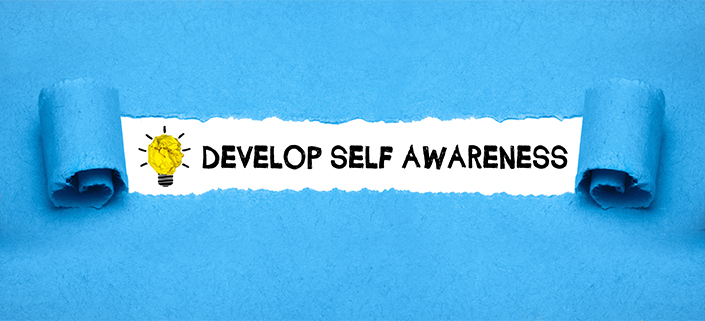The Power of Self-Awareness in Leadership
Ever heard of a CEO who lost his team’s trust without even realizing it? Or a CFO who couldn’t adapt to her new role and ended up getting the boot? These tales of leadership mishaps all share one common thread: a lack of self-awareness.
Being self-aware is crucial for success in leadership roles. Without it, you risk stumbling blindly through your responsibilities, alienating your team, and ultimately, failing to reach your full potential. But fear not, because self-awareness is a skill that can be cultivated and honed over time. Let’s explore why self-awareness is essential for leaders, the barriers that can get in the way, and how you can boost your own self-awareness to become an exceptional leader.
Why Self-Awareness Matters
Picture this: you’ve just been promoted to a leadership position based on your stellar performance in your previous role. But here’s the catch – the skills that got you here might not be enough to carry you through this new role. Leadership requires a different set of skills, including the ability to delegate, empower others, and think strategically. And to develop these skills, you need to start with self-awareness.
Self-awareness is like the compass that guides you on your leadership journey. It helps you understand your strengths, weaknesses, and blind spots, allowing you to navigate challenges with clarity and confidence. Without self-awareness, you risk operating on autopilot, unaware of the impact your actions and decisions have on those around you.
Overcoming Barriers to Self-Awareness
As a leader, there are several barriers that can stand in the way of developing self-awareness. For instance, if you’ve been consistently promoted throughout your career, you might develop a false sense of confidence, believing that your past successes guarantee future ones. But the truth is, leadership requires continuous growth and adaptation.
Another barrier is having a fixed mindset, where you resist seeking feedback and refuse to acknowledge areas for improvement. This mindset can hinder your ability to learn and grow, ultimately limiting your effectiveness as a leader.
To overcome these barriers, it’s essential to adopt a growth mindset and actively seek feedback from others. Ask your peers and direct reports for honest input on your performance, and be open to receiving constructive criticism. Remember, feedback is a gift – it’s an opportunity to learn and improve.
Practical Steps for Improving Self-Awareness
So, how can you boost your self-awareness and become a better leader? Here are a few practical steps to get you started:
- Ask the right questions: Periodically ask your colleagues three questions – what you need to start doing, stop doing, and continue doing to help them succeed. Approach these conversations with curiosity and a willingness to learn.
- Take a 360-degree assessment: Seek feedback from your manager, direct reports, and peers to gain insight into your leadership style and its impact on others.
- Work with an executive coach: Partner with a coach who can help you interpret feedback, identify areas for improvement, and develop a plan for growth.
Remember, there’s no one-size-fits-all approach to leadership. Your leadership style should be tailored to your unique strengths and the needs of your team. By becoming more self-aware, you can identify areas for growth, leverage your strengths, and ultimately, become an exceptional leader.
In conclusion, self-awareness is the secret sauce that separates good leaders from great ones. By investing in self-awareness and continuously seeking opportunities for growth, you can unlock your full potential as a leader and inspire those around you to do the same.




